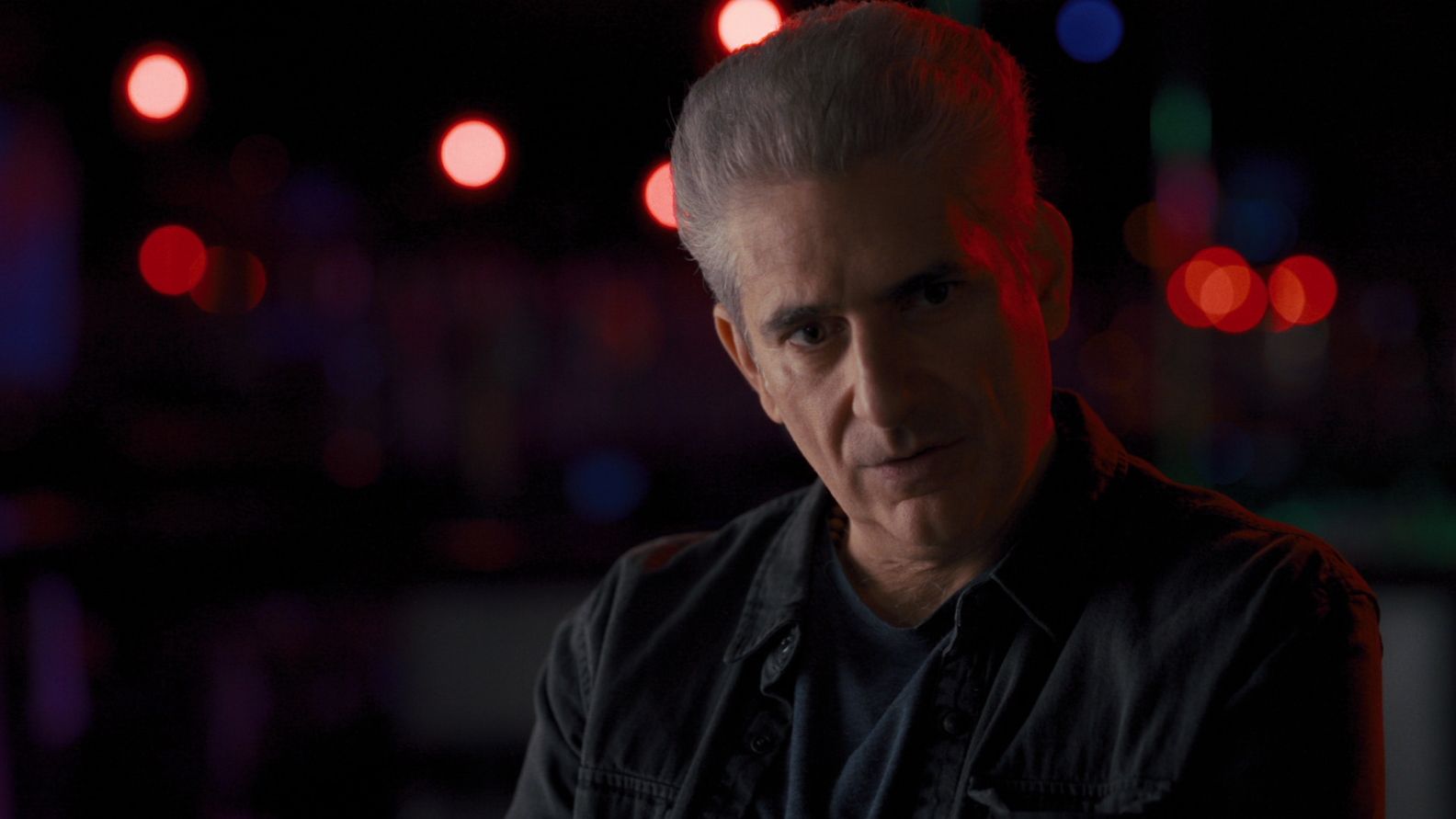
"Sopranos" Secrets Revealed: David Chase's Insights from New Documentary
If you’ve ever been captivated by the world of "The Sopranos," Alex Gibney’s latest docuseries, Wise Guy: David Chase and The Sopranos , is an absolute must-watch. Premiering on Max, this compelling two-part series peels back the curtain on the making of one of television’s most iconic shows, offering fans a treasure trove of behind-the-scenes stories and revelations. The documentary not only celebrates the legacy of "The Sopranos" but also dives deep into the trials, tribulations, and triumphs that marked its creation.
From the very beginning, Wise Guy delivers a feast of juicy tidbits. For instance, it’s revealed that David Chase originally envisioned "The Sopranos" as a feature film inspired by his mother's life. CBS turned it down, not impressed by the fact that Tony Soprano took Prozac. It’s almost surreal to think that the show could have never existed if not for Chase's persistence and HBO's eventual green light. Martin Scorsese, a figure synonymous with mafia films, initially didn’t like the pilot, criticizing it for having “too many trees.” Imagine that!
Also Read:- Tropical Wave Tracker: Gulf of Mexico Braces for Potential Storm
- Prince Hisahito Reaches Adulthood, Marking Historic Milestone for Japan’s Imperial Family
The documentary also sheds light on the casting process with some surprising anecdotes. Edie Falco, who went on to become Carmela Soprano, was initially unsure about landing the role because Italian-American parts were rarely offered to women who looked like her. Similarly, Lorraine Bracco was offered Carmela but chose to play Dr. Melfi, as she didn’t want to repeat her role from Goodfellas . And James Gandolfini, who would become synonymous with Tony Soprano, almost walked out of his audition. Fortunately, the casting directors saw something special and invited him back, leading to his iconic portrayal.
As Wise Guy reveals, the show’s development was not without its bumps. HBO tested the pilot in several markets, and surprisingly, the Connecticut audience was most receptive. Despite this, it took ten months for HBO executives to order a full season. Moreover, Chase faced a tough decision when actress Nancy Marchand, who played Tony’s mother, pleaded to continue working despite her illness. Chase made a rare concession to keep her on, highlighting his deep respect for his cast.
The documentary also explores the intense behind-the-scenes dynamics. For example, Chase would shoot multiple versions of scenes to maintain confidentiality, particularly with major plot twists. And in a rather grim touch of authenticity, Chase wouldn’t dine with cast members unless it meant their character was about to be killed off.
The finale of "The Sopranos" remains one of the most discussed endings in television history. Chase’s documentary reflects on the decision to cut to black, a move that still sparks debates about Tony Soprano’s fate. In a fascinating twist, Chase connects this with an earlier scene in which Meadow and AJ discuss Robert Frost’s poem, linking the imagery of cold, endless snow to themes of death.
In essence, Wise Guy is not just a recounting of "The Sopranos" but a deep dive into the creative mind of David Chase and the complex world he built. For fans and newcomers alike, this documentary is a masterclass in television storytelling, brimming with insights that will make you view the show through an entirely new lens.
Read More:

0 Comments